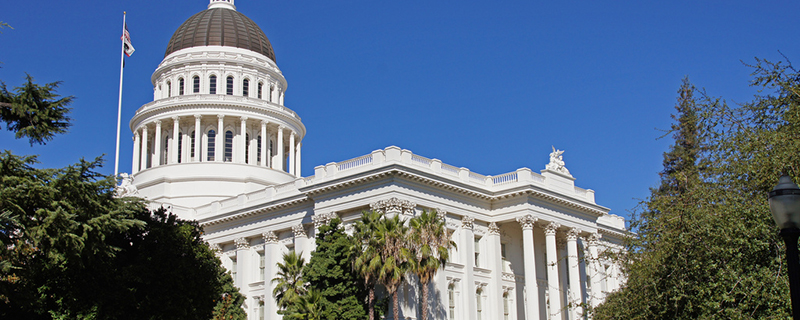What did he get right? Reactions to Gov. Newsom’s K-12 budget
By Andrew Reed and Alexander Montero
EdSource asked education leaders, advocates and observers to comment on Gov. Newsom’s record-level, revised 2021-22 budget for K-12 education. We wanted to know what they thought would most advance students’ recovery from the impact of the pandemic and what they felt was missing.
Scroll down and click on the photos to read their thought-provoking responses on the governor’s plans. And also see reactions to the governor’s early education and higher education budget plans. . .
. . .
What among the governor’s proposals will most advance students’ recovery from the pandemic and why?
Given that only 16% of California public school students are receiving full-time in-person instruction, the governor’s proposal to increase funding for expanding broadband access may make remote learning more effective and equitable, since almost half of Californians do not have the broadband required for video conferencing. However, this digital divide has been well known for years, so it is therefore disturbing that the governor did not push harder to reopen schools sooner, especially given the scientific evidence supporting safe reopening of schools and the huge learning losses sustained by students as they have struggled with schools’ inadequate distance-learning efforts.
What priority should have been in the budget but wasn’t?
The governor touts his proposed college savings accounts for vulnerable students. Yet, public schools aren’t preparing these students for college, with 73% of low-income students not meeting grade-level math standards in 2018-19. Rather than creating a college savings account aimed at the back end of K-12 education, the governor should have proposed an education savings account (ESA) at the front end, where parents could access funds to pay for private-school tuition, tutoring and other achievement-improving expenses. States like Arizona and Florida have such accounts. Recent research shows that ESAs would deliver significant economic benefits to students such as higher lifetime earnings.
Lance Izumi is senior director of the Center for Education at the Pacific Research Institute, a California-based free-market public policy organization.
. . .

